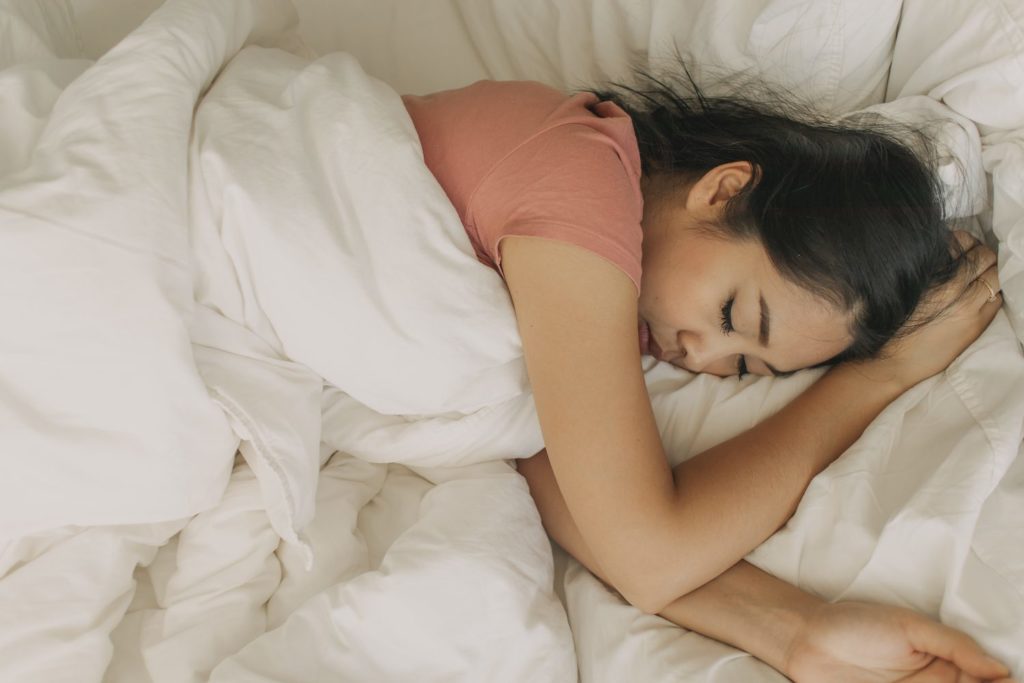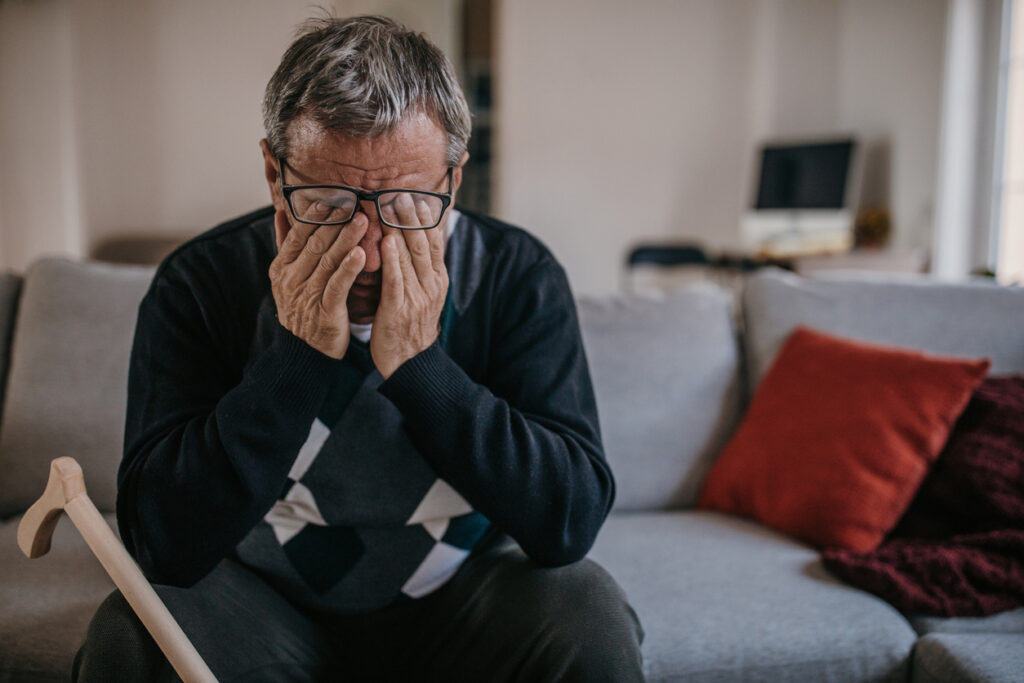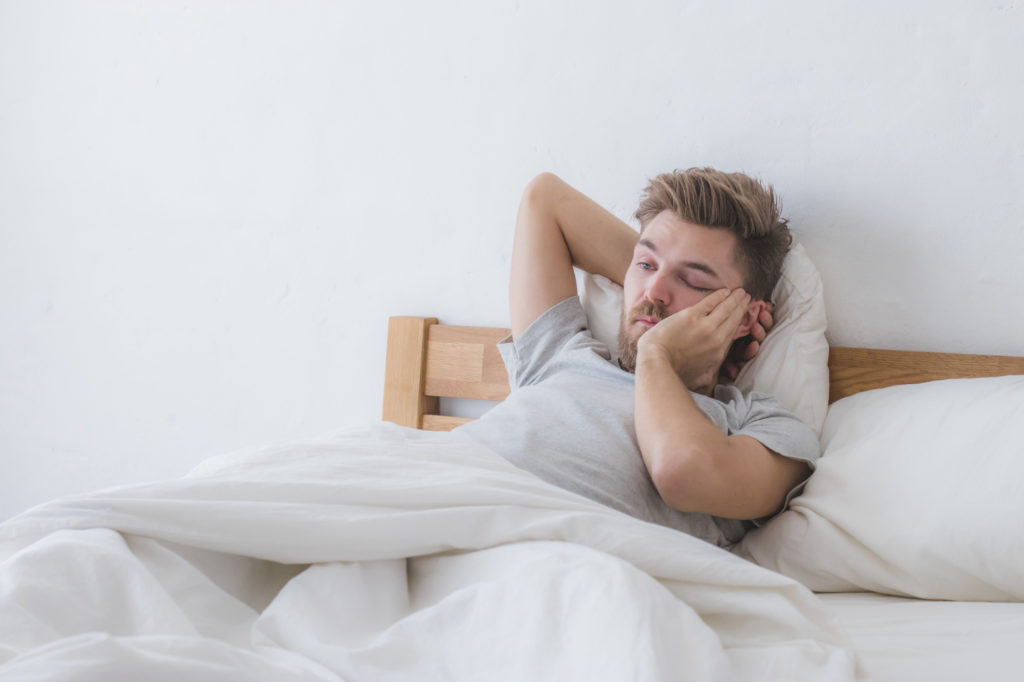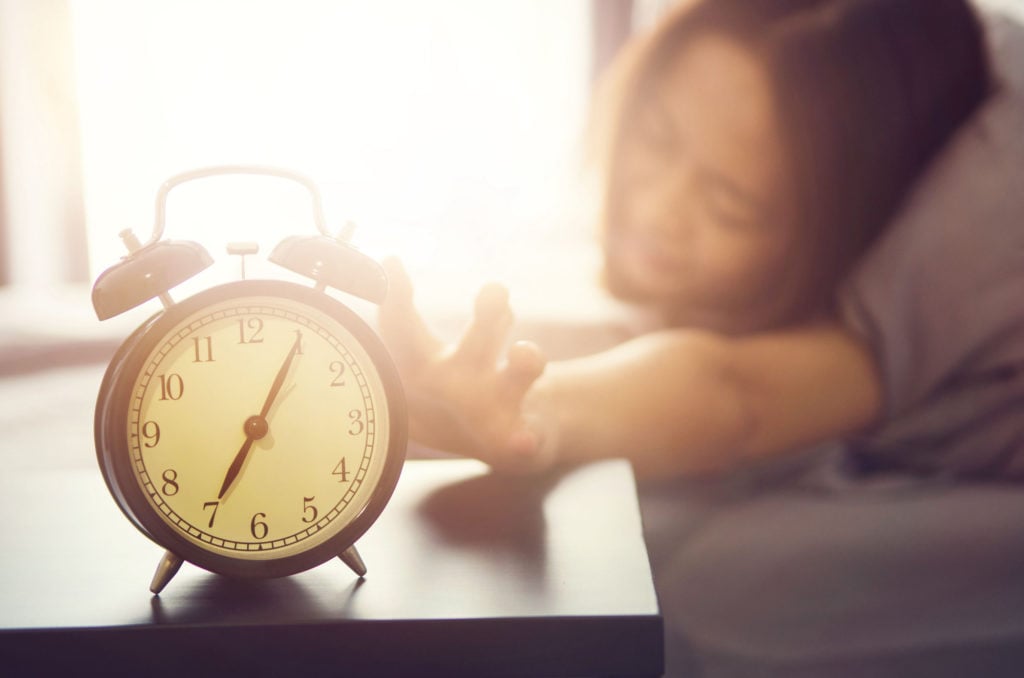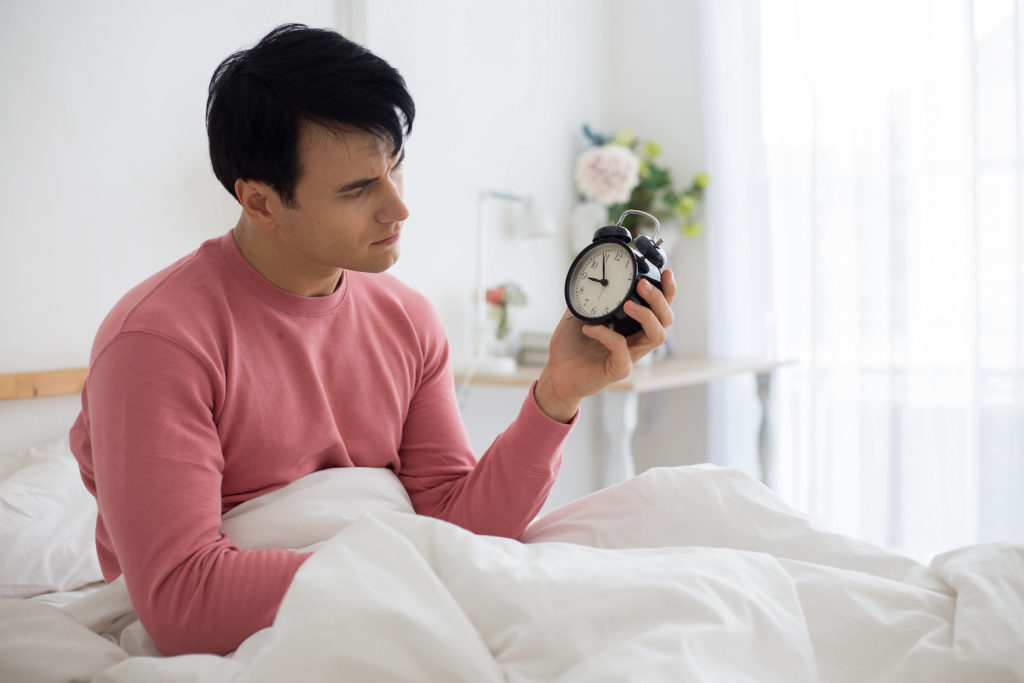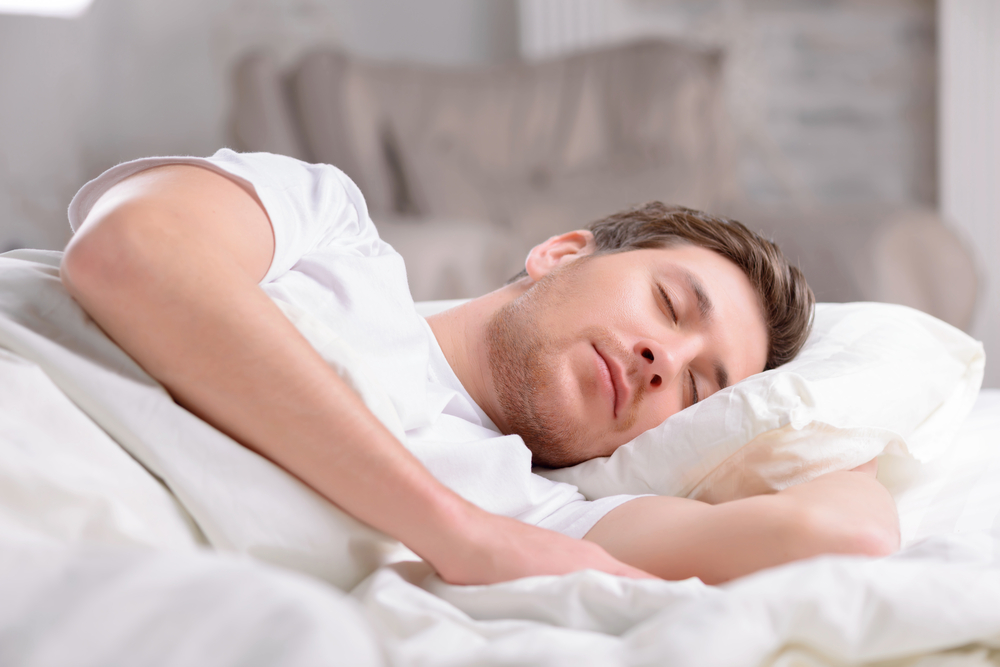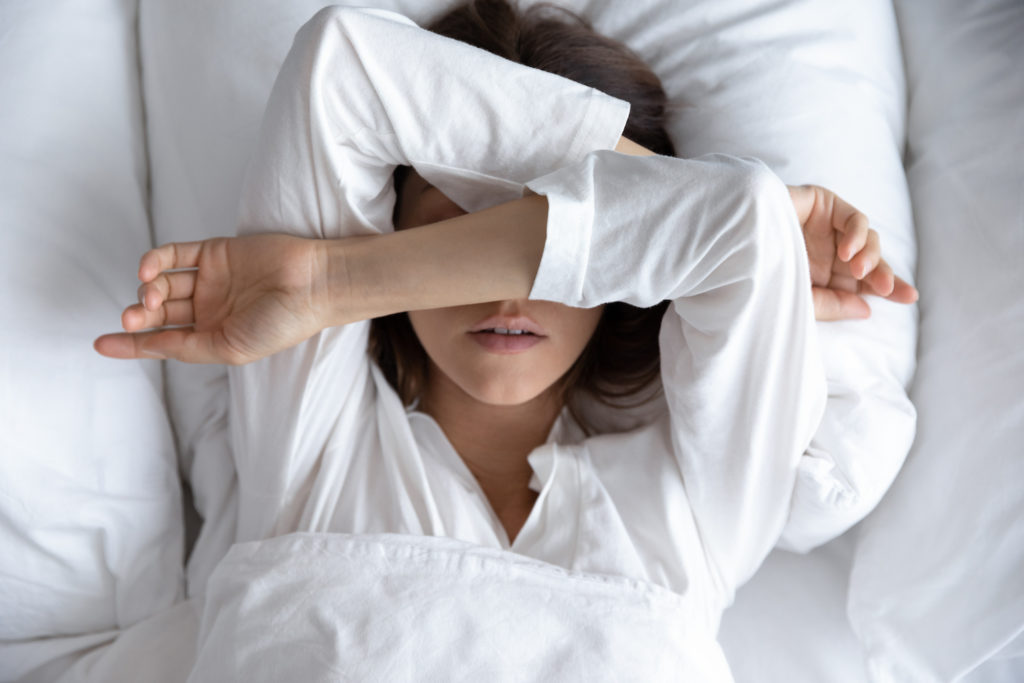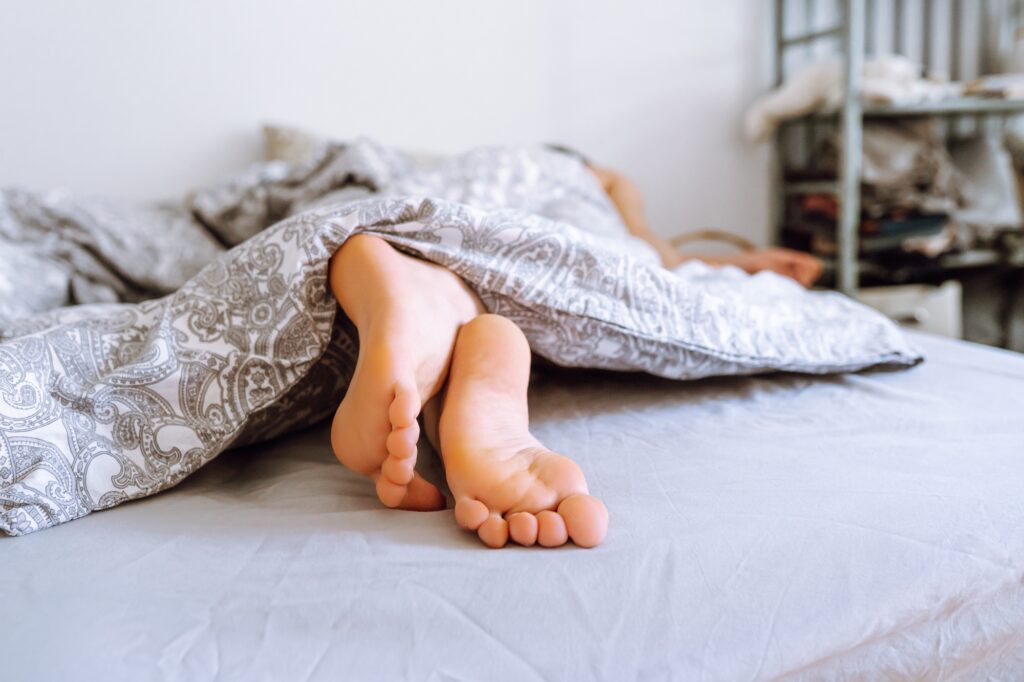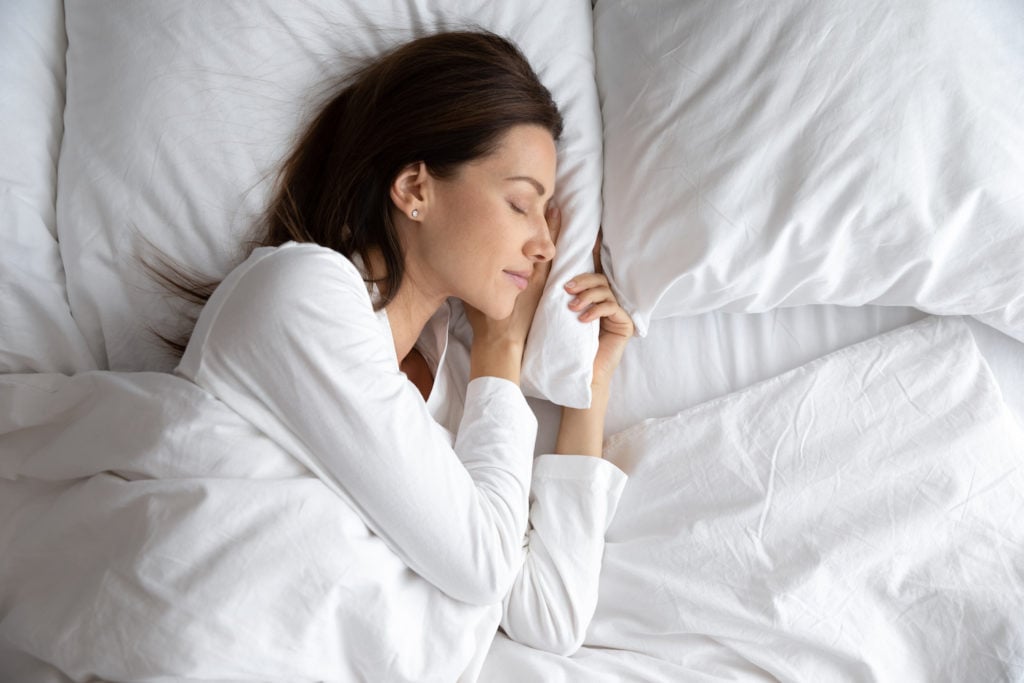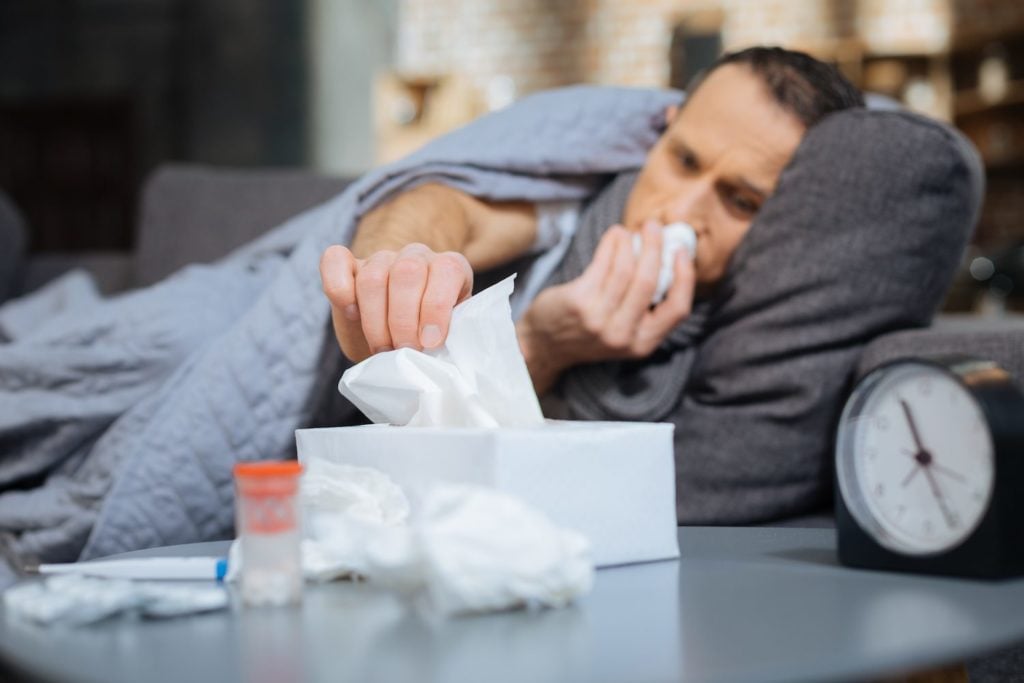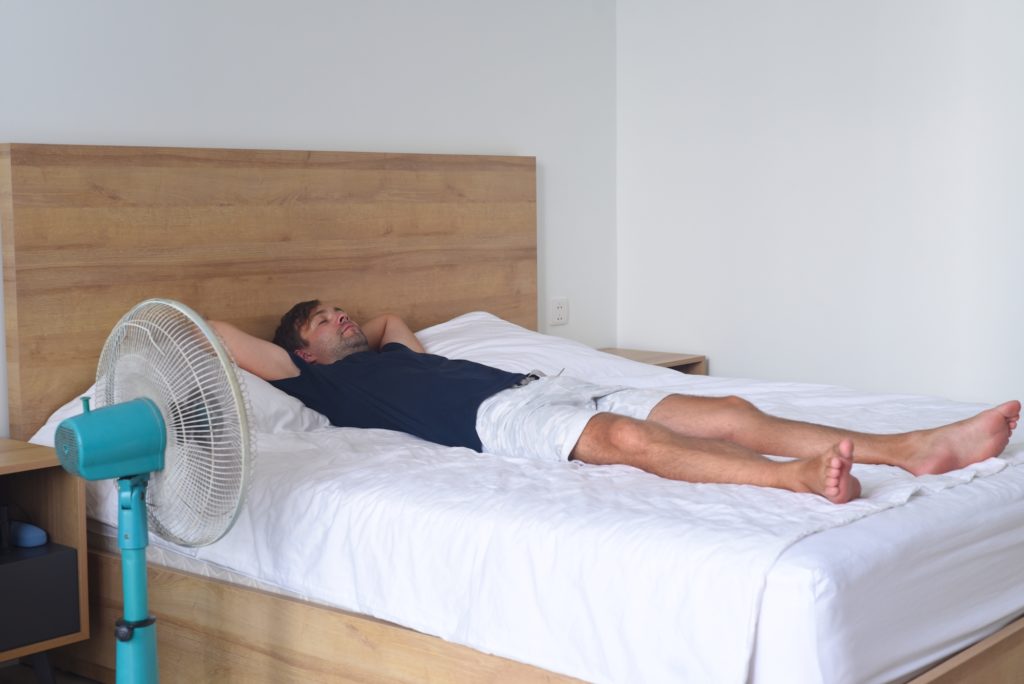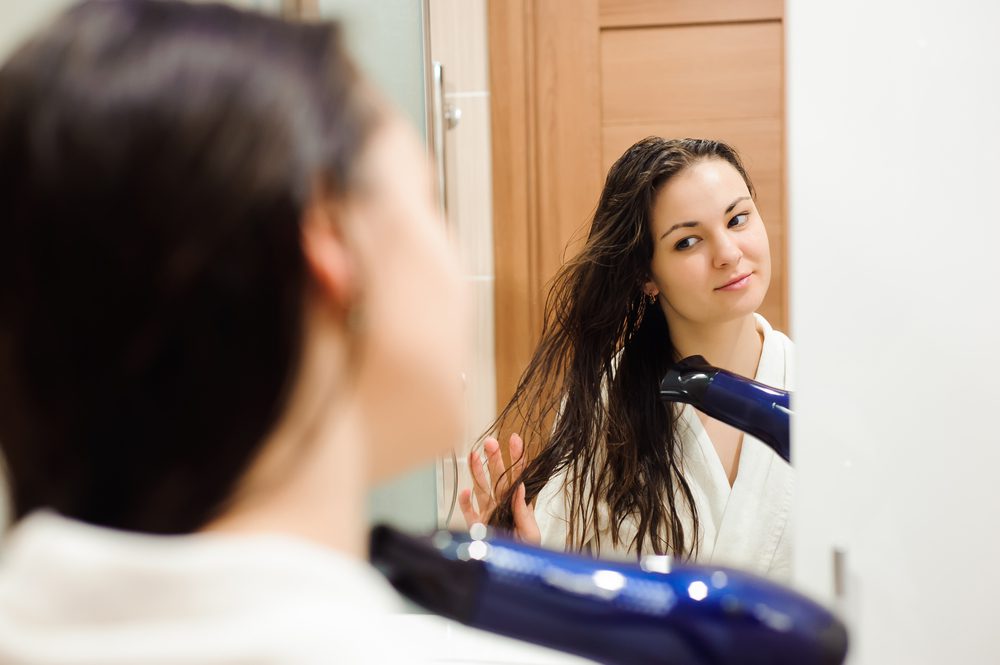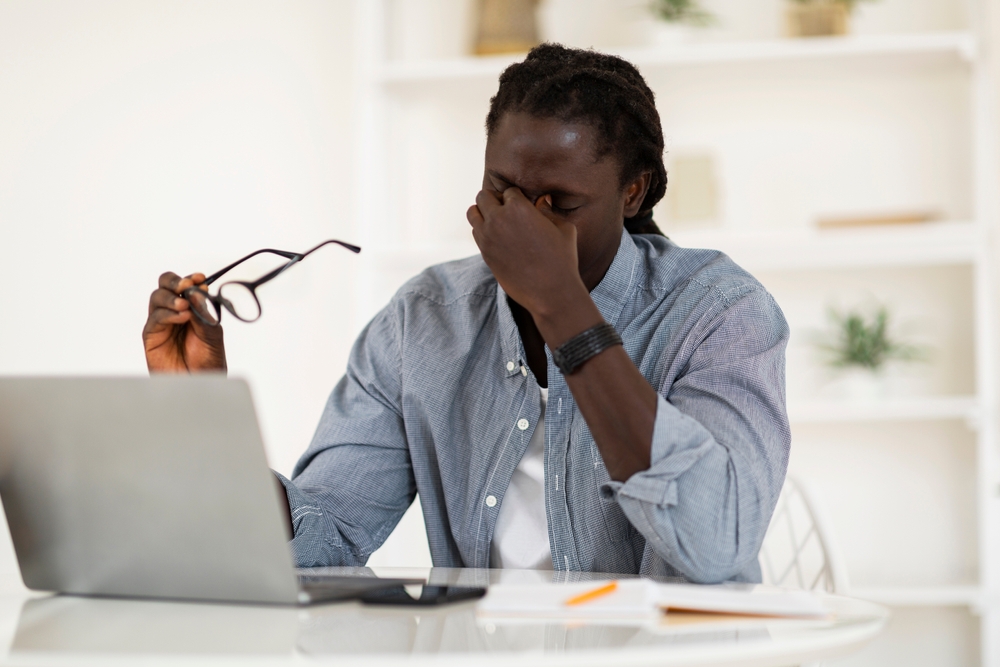Frequently Asked Questions About Sleep
The Internet's Most Common Sleep Questions Answered
Why Do We Sleep?
We spend about a third of our time sleeping. It is as essential to our survival and well-being as food and water are. But there’s still more about the complex processes of sleep to be explained.
Even after decades of research, the exact reason why we sleep remains a looming mystery. However, based on the effects of sleep deprivation, it is understood that sleep is dynamic and impacts nearly every aspect of the body, including our physical, emotional, and mental health. To start feeling better overall, prioritizing sleep health is a necessary first step.

Why Do You Yawn?
Scientists still do not know exactly why we yawn, but they have several theories. Learn more about what causes yawning and why it is so contagious.
Many people turn to coffee to wake up, but some find that it makes them more tired. Learn why coffee might sometimes make you sleepy.
Everyone knows sleep is important, but can you die from not sleeping? Learn about the effects of sleep loss as well as tips for how to get enough sleep.
Are you having a hard time waking up in the morning? We outline the reasons why mornings can be difficult and tips to help you wake up feeling refreshed.
How Much Sleep Do We Need?
Most healthy adults need at least seven hours of sleep each night. Babies, young children, and teens need even more sleep to enable their growth and development. Knowing the general recommendations for how much sleep you need is a first step. It’s also important to reflect on your individual needs, activity level, and overall health so that you can actually get the full night’s sleep that is recommended.
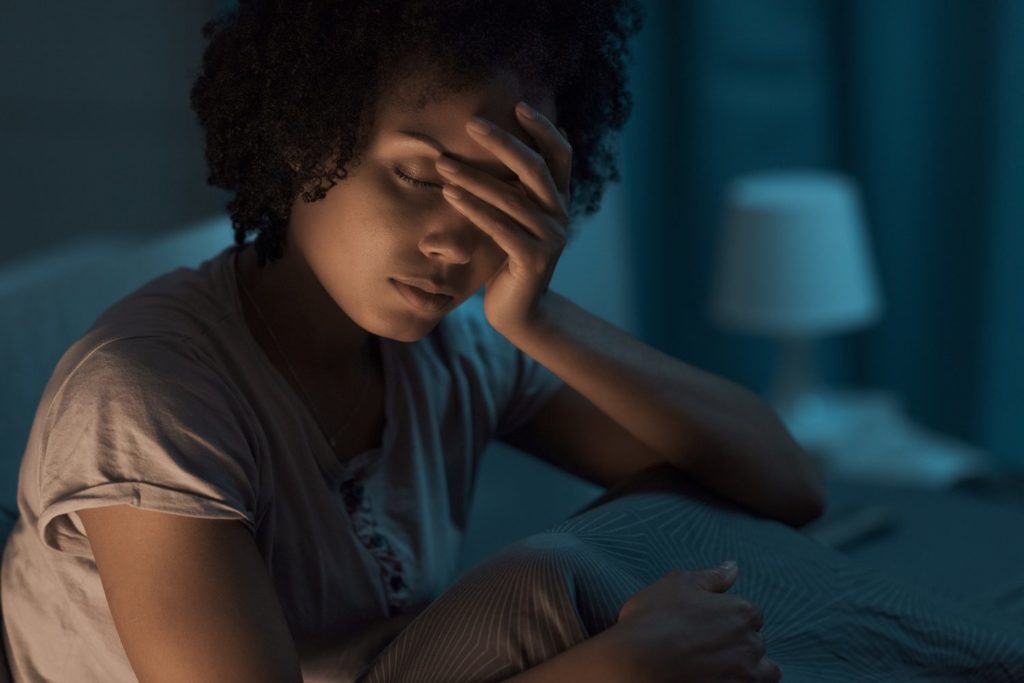
Why Do I Wake Up at 3 am?
Waking up during the night is common and can occur for a variety of reasons. Learn why you might be waking up and when to see a doctor.
Do you regularly get only five hours of sleep? Find out how getting by on five hours of sleep impacts your body and what you can do to get more sleep.
Learn about the health impacts of getting six hours of sleep per night, and the benefits of longer, better-quality sleep.
Wondering whether seven hours meets your sleep needs? Find out how much sleep people need at different ages and get practical tips to sleep better.
Does it take you too long to fall asleep? Discover why some people fall asleep faster than others and learn tips to help you fall asleep.
Why Can’t I Sleep?
Sleep is an essential part of overall health, and getting enough restful sleep on a regular basis offers multiple benefits. However, many are able to gain the benefits of quality rest, and instead face the consequences of sleep deprivation. If you regularly have trouble sleeping, its important to record your symptoms and identify ways to improve sleep.
Sleep disorders are conditions that affect sleep quality, timing, or duration and impact daily life. These disorders can contribute to other medical issues, and are also likely to impact your mental health. People who experience frequent sleep issues should seek evaluation for a sleep disorder.
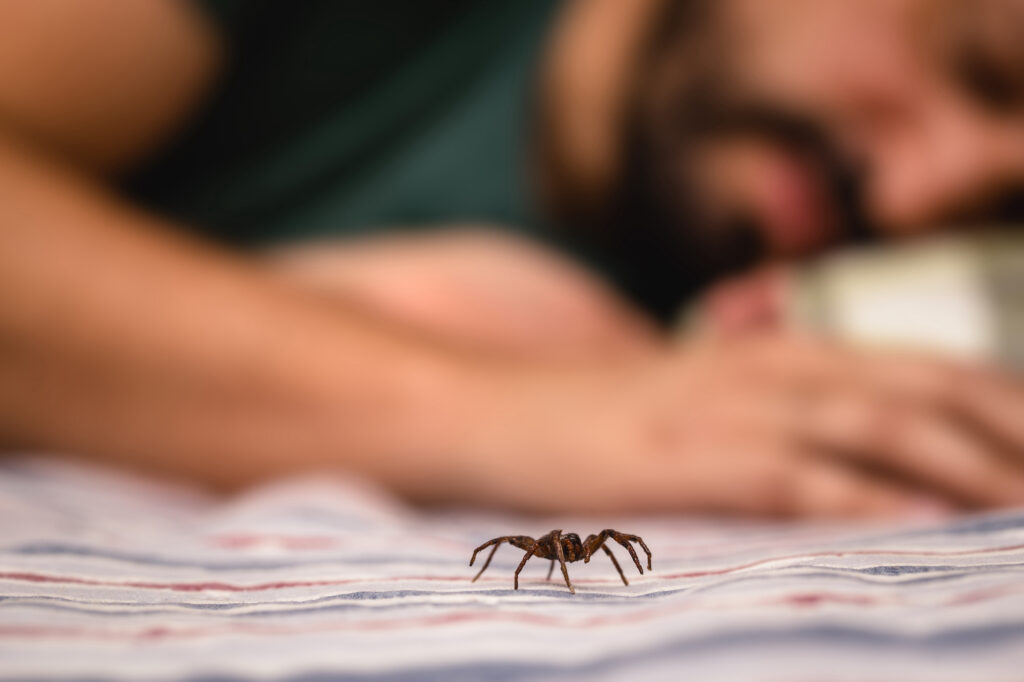
Myth: Do You Eat Spiders in Your Sleep?
Worried about eating spiders while you sleep? Find out the truth about swallowing spiders and why this urban legend is so persistent.
Do hot, burning feet keep you up at night? Learn which medical conditions can cause these sensations and ways to help keep your feet cool.
A tampon can be worn during any activity, as long as safety guidelines are followed. Learn how to safely use a tampon for sleep, as well as tampon alternatives.
A nighttime cough is the cold symptom most likely to interfere with sleep. Learn how to sleep with a cough or a cold.
Are you waking up overheated? Learn the reasons why you may be getting hot as well as how you can get a cooler night’s rest.
What Is Sleep Hygiene?
Sleep hygiene refers to a set of recommended habits and behaviors designed to promote quality sleep. Educating a person on sleep hygiene is often part of treating sleep issues, like insomnia. From evaluating your bedroom environment to optimizing your sleep schedule, getting better sleep includes specific actions that you can take to make it easier to fall asleep, stay asleep, and wake up feeling well rested.

How to Fall Back Asleep After Waking in the Night
People wake up during the night for a variety of reasons. Learn why you might be waking up and how to fall back asleep.
Looking for a way to keep cool, but concerned that sleeping with a fan on might be unhealthy? Learn the potential side effects of sleeping with a fan on you.
Are you a night owl surrounded by early birds? We explain the science behind late chronotypes and share tips for how to become more of a morning person.
Taking a hot bath or shower at night may be the best way to unwind after a stressful day. In fact, a number of studies have shown that a hot bath or shower before bed can improve overall sleep quality and help someone fall asleep more quickly. For some people,…
As many as feel so sleepy during the day that they have difficulty doing their work, schooling, or other important activities. People who have sleep disorders, work night shifts, or pull all-nighters often find themselves struggling to stay awake. While there is for getting the right amount of sleep, it…
